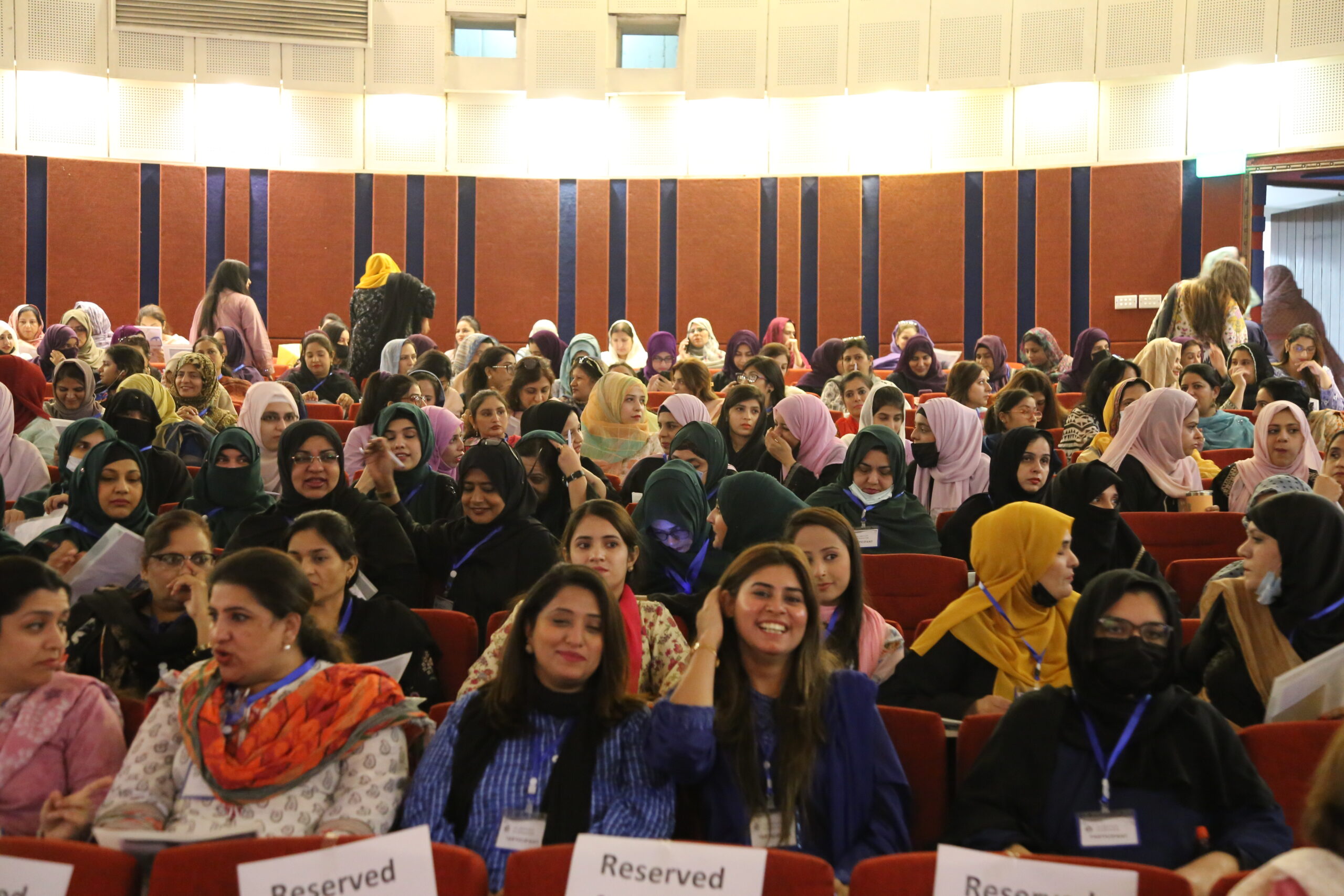Early childhood education courses are more than just a stepping stone in a child’s academic journey—they are the foundation for lifelong learning and development. These programs are designed to nurture curiosity, creativity, and cognitive growth, ensuring that children gain essential skills during their formative years. As the importance of early education becomes increasingly recognized worldwide, parents and educators in Pakistan are seeking comprehensive learning opportunities to equip children with the tools they need to thrive.
Why Early Learning Programs Matter
The first few years of a child’s life are critical for brain development. During this period, children are like sponges, absorbing knowledge and experiences that shape their personality, social skills, and cognitive abilities. Early learning programs provide a structured environment where children can develop essential skills such as problem-solving, communication, and emotional intelligence. In Pakistan, the emphasis on quality early education is growing, as families recognize that a strong educational foundation can influence a child’s future academic and professional success.
By engaging in thoughtfully designed activities, children learn to explore their environment safely, interact positively with peers, and develop an eagerness for knowledge. Early learning is not just about academics; it’s about fostering well-rounded individuals who are confident, resilient, and socially adept.
Key Components of Effective Early Childhood Education Courses
Successful early childhood education programs combine a variety of approaches to ensure holistic development. Some of the most essential elements include:
- Play-Based Learning: Play is a natural way for children to understand the world around them. Structured play activities promote creativity, critical thinking, and problem-solving skills.
- Language Development: Early exposure to language through storytelling, songs, and interactive activities enhances communication skills and builds a strong foundation for literacy.
- Social and Emotional Growth: Programs that focus on empathy, cooperation, and emotional regulation help children navigate social situations and develop positive relationships.
- Cognitive Skill Building: Activities that involve counting, sorting, pattern recognition, and basic science concepts stimulate brain development and logical thinking.
These components are thoughtfully integrated into the curriculum to create a balanced approach that encourages both academic and personal growth.
Tailored Learning Approaches for Young Minds
Not all children learn in the same way, and effective early childhood education courses recognize this diversity. Personalized learning experiences allow children to progress at their own pace while receiving the support they need in areas where they may face challenges. In Pakistan, educators are increasingly adopting strategies that cater to multiple learning styles, whether visual, auditory, or kinesthetic. This ensures that every child has the opportunity to thrive in a nurturing and adaptable environment.
In addition, incorporating culturally relevant materials and experiences helps children connect with their surroundings, fostering a sense of identity and belonging. This approach strengthens engagement and makes learning more meaningful.
The Role of Educators in Shaping Young Learners
The quality of early childhood education largely depends on the expertise and dedication of the educators. Teachers play a crucial role in creating stimulating environments, guiding activities, and observing each child’s progress. Professional development courses and certifications equip educators with the knowledge and skills needed to support children effectively.
Institutions like Ali Institute of Education provide specialized programs that prepare educators to handle diverse classrooms while fostering creativity and critical thinking in young learners. By training educators to understand child psychology and developmental milestones, these programs ensure that children receive the highest standard of care and education.
Preparing Children for Lifelong Learning
Early childhood education is not only about preparing children for school; it lays the groundwork for lifelong learning. Skills such as curiosity, problem-solving, and collaboration are cultivated from a young age and continue to benefit children throughout their academic journey and into adulthood. Children who experience high-quality early learning programs are often better equipped to face challenges, adapt to new situations, and pursue their interests confidently.
Parents and educators alike in Pakistan are becoming more aware of the long-term benefits of investing in early learning programs. By choosing comprehensive courses that balance academic, social, and emotional development, families can ensure that children grow into well-rounded, capable individuals.
Choosing the Right Early Childhood Education Path
Selecting the right program involves evaluating curriculum quality, educator expertise, and the learning environment. Parents should seek programs that emphasize interactive learning, encourage exploration, and prioritize the holistic development of the child. Facilities should be safe, engaging, and equipped to support various learning activities that stimulate curiosity and creativity.
Ultimately, a successful early childhood education course provides children with a strong foundation that supports their intellectual, emotional, and social growth. It is an investment in their future that yields lifelong benefits, fostering confident and capable learners who are ready to face the world with enthusiasm.
Conclusion: Building Strong Foundations
Early childhood education courses are essential for nurturing the potential of young minds. By providing children with a stimulating and supportive environment, these programs help develop critical cognitive, social, and emotional skills from the earliest years. Institutions like Ali Institute of Education are leading the way in Pakistan, offering programs that combine expert educators, engaging curricula, and a commitment to holistic development. For parents looking to give their children the best start in life, investing in high-quality early learning programs is a decision that pays lifelong dividends.


